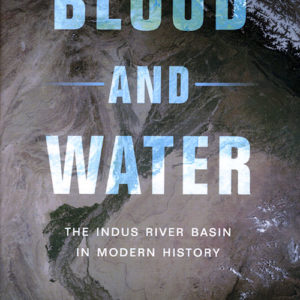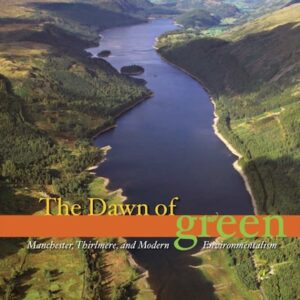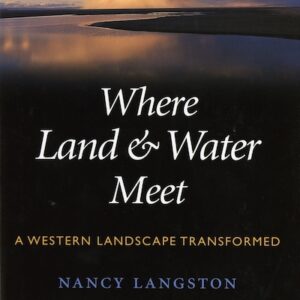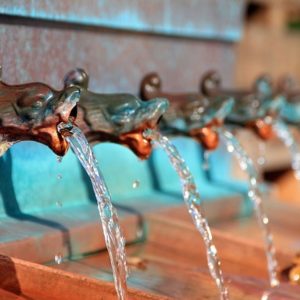
Blood and Water: The Indus River Basin in Modern History
By David Gilmartin (NHC Fellow, 2001–02; 2017–18) The Indus basin was once an arid pastoral watershed, but by the second half of the twentieth century, it had become one of the world’s most heavily irrigated and populated river basins. Launched under British colonial rule in the nineteenth century, this irrigation project spurred political, social, and … Continued



